Get posts by email
For the pain that can't be borne
December 19, 2019
Commenting is turned off because I'm dealing with a spam issue. But I'd love to hear your thoughts if you have something to share. You can email me or leave a message at IG or Facebook.
It's Friday afternoon. I've driven west for the last couple hours towards the Rocky Mountains, though I don't see them on this snowy December day. The stands of trees thicken as I drive, evergreens increasing, snow deep on the boughs.
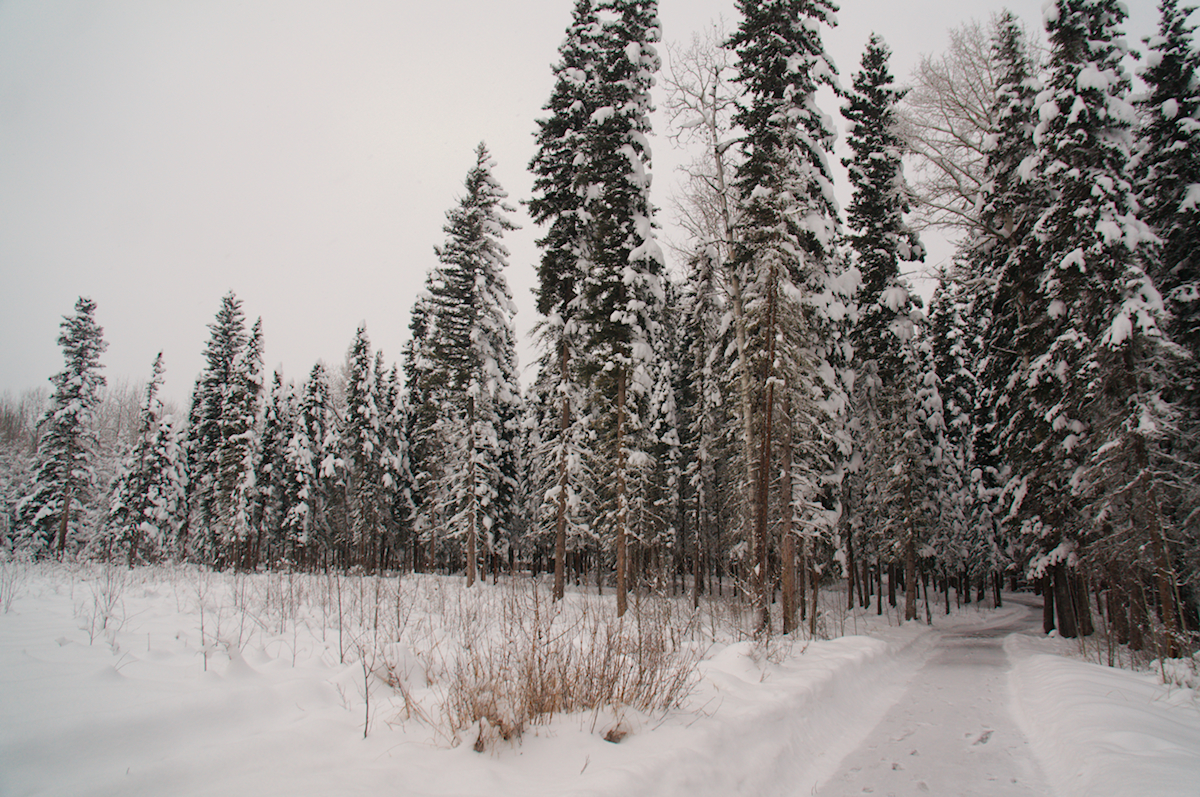
I drive into town and park in front of her snug and snowy bungalow. I walk up the driveway to the backdoor. Like old friends do. I briefly consider using the front door, the sidewalk full of snow and a lone set of footprints.
I opt for the old friend route. Pretending that I've always done this.
But unlike a local who might pop her head in the door, "I'm here", I ring the doorbell instead. This is the first time in our decade long relationship, I've come to her house, after all.
She answers the door and looks just as I expected she would. Black clothing with a bit of color. Her compassionate brown eyes now familiar, even though we've only visited in-person three other times.
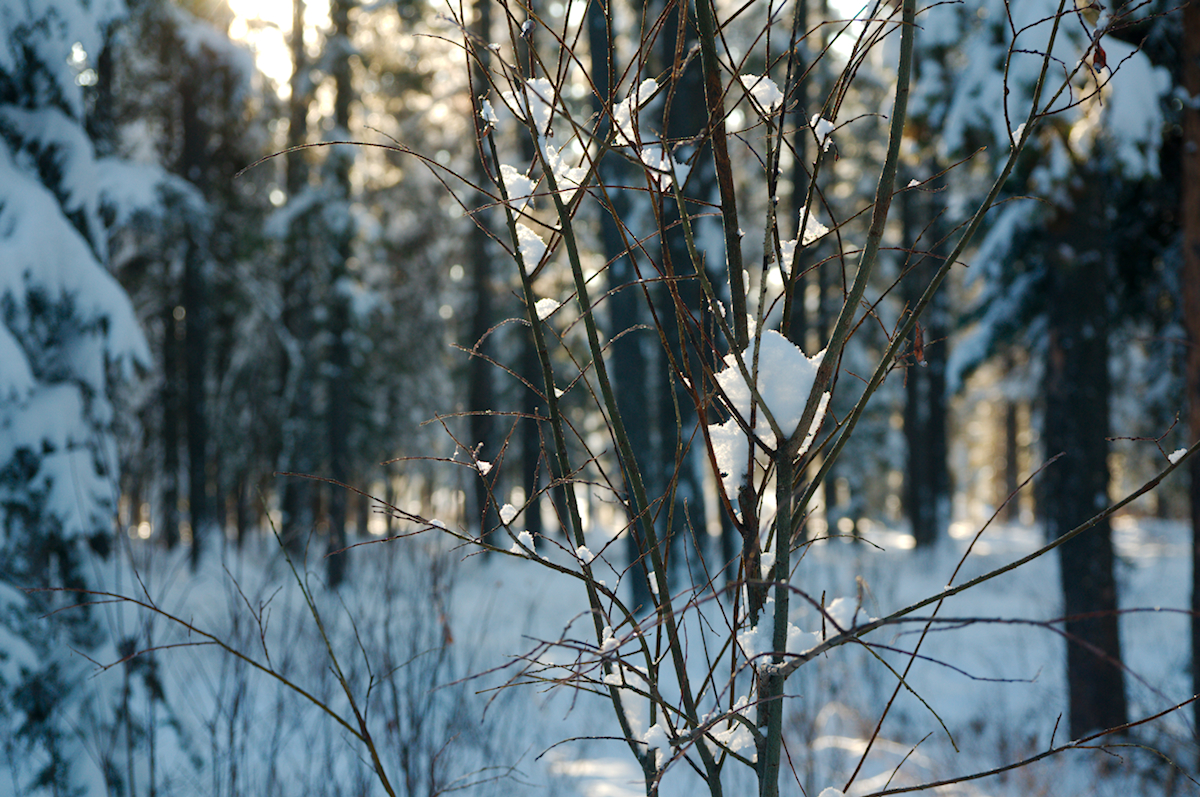
We hug and I come into the entrance, take off my red winter hiking boots. They seem to match the decorative accents of her home - bright pillows and handmade pottery.
Her house smells like essential oils, herbal tea, beeswax candles, and love. It smells like my mom's house, in a different place and in a different climate. In a different stage of life.
It smells like "people are loved here, and they are loved well".
This is my first visit to her home. I had no expectations other than the snippets I've seen on our Skype calls, the basement corner where she walked the treadmill during one of our talks, the living room couch and glass doored closet in the hallway, the worn-soft, brown wingback against the grey accent wall where she often does her videos.
Everything is as it has looked via our digital connections. It feels like Krista. It feels like love.
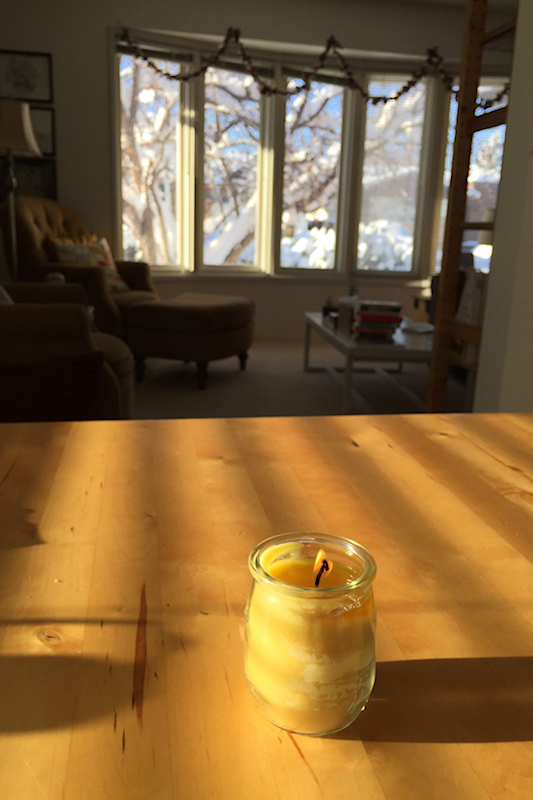
She carries such a deep grief in her heart, a grief that my love and affection for her can never relieve.
But pain is not how her home feels. Her home feels warm and cozy; open to the light through the large bay window in the living room.
I sleep in her son's old room. Next to the corkboard with newspaper clippings about basketball wins, medals hung from tacks; across from the Stars Wars posters and under the Teenage Mutant Ninja Turtles posters, like the TMNT t-shirt of his she was wearing when I arrived.
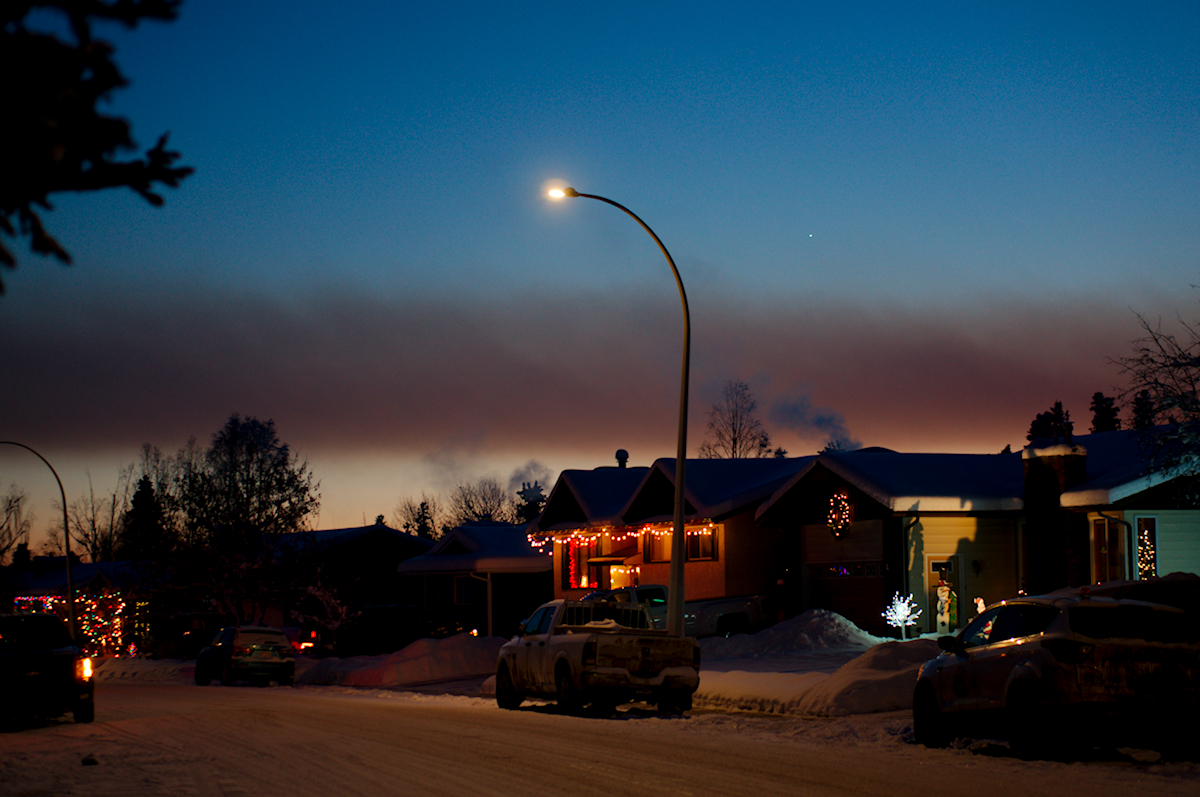
I sleep well, like a mother who hasn't lost a child. I am almost ashamed of my rest. I feel safe and secure here. I feel that people are well fed, well loved, and well cared for in this little bungalow with dated cabinets and linoleum kitchen floor.
There is a heavy burden here. There is unbelievable loss, what-ifs, and if-onlys in our long conversations about her son, gone 53 days. And there is compassion, laughter, and her daughter's radiant teenaged self.
But what I feel most is the love, like a bedrock of strength and courage over which her river of grief runs.
She is so beautiful to me. This mother, wife, friend, daughter, and sister who has borne so much loss and carries love and compassion like a beacon in the storm of life.
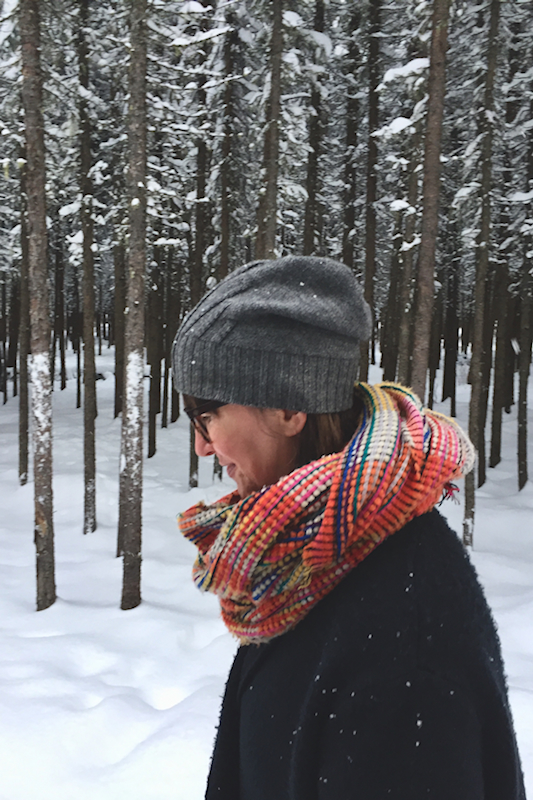
I leave on Sunday morning. I tune into CBC radio, the Sunday Edition. The familiarity a comfort to me, hearing the same stories here as I would in my kitchen in Montreal.
The program is not a comfort to me. A story of rising rates of youth suicide and the mental health crisis among young Canadians.
It is a terribly relevant story. The wheels crunch over snow-packed roads and I think of my own teenaged and young adult children. Am I supporting them enough? How can I support them better?
How can I possibly mother them to safety?
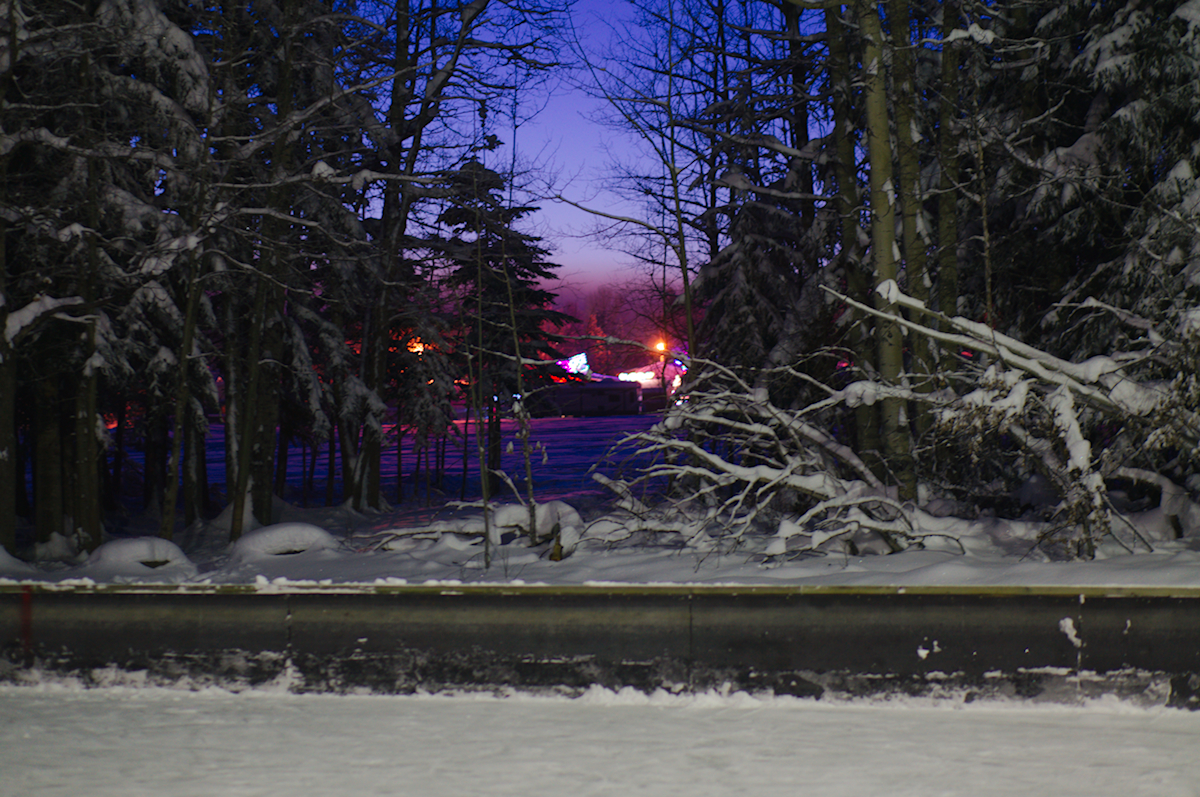
My friend, with her home of love and all the support, attention, intervention, resources, and awareness poured into her son's life, could not save him.
It is an unspeakable grief and it haunts her every second.
Her words ring in my ears, "we did everything we could and my son still fell through the cracks".
I hear afresh her pain and anger at the damage done by ill-equipped police and medical services, her frustration with ineffectual resources, and her stress at navigating a complicated and inadequate mental health system.
There is an urgent need for more resources for youth mental health, and all mental health.

I'm thankful for the story bringing attention to this issue. I hear again my friend's pain and can only imagine her son's anguish.
How can one bear what cannot be borne?
I'm driving out of town and in the distance I see the snowy Rockies, the continental spine on the western horizon.
The sky here is grey, but to the west warmer air appears to be moving over the mountains, clearing the sky and revealing the peaks.
I pull over to a safe spot to take photos. The sun is hidden behind clouds where I stand but the light is breaking through in that clear mountain sky, illuminating the southwestern front. The contrast is sharp between light and dark. It looks cold and beautiful.
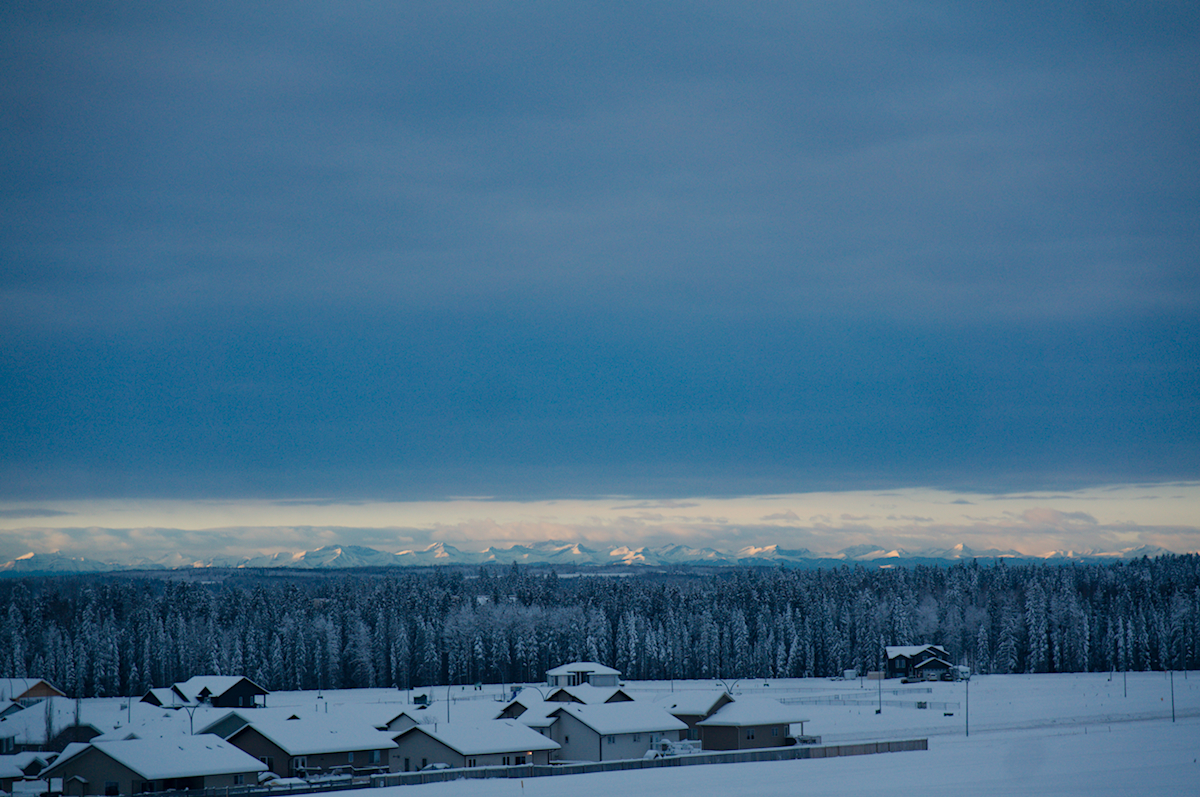
I drive east in this car borrowed from my aunt for this trip. She said, "I can't do anything to make this situation better, but I can lend you my car".
Later I stop for breakfast and tea. I text my family, "I love you". Sipping my Tim Horton's London Fog, I laugh and cry as I watch the video my husband has sent of our youngest daughter's first time behind the wheel, practicing with her temporary driver's license. I am so proud, so full of love.
I eagerly anticipate my return to my people, to our shared home, shared community, and our shared lives.
I can't guarantee their safety, success, or well-being. I can't guarantee my own. This is the deep aching vulnerability of being human. In our vulnerability we sometimes isolate ourselves, thinking it will lessen the pain and uncertainty of life. It doesn't. Only connection and compassion, bearing with and belonging to one another, helps us bear the deep ache of being human.
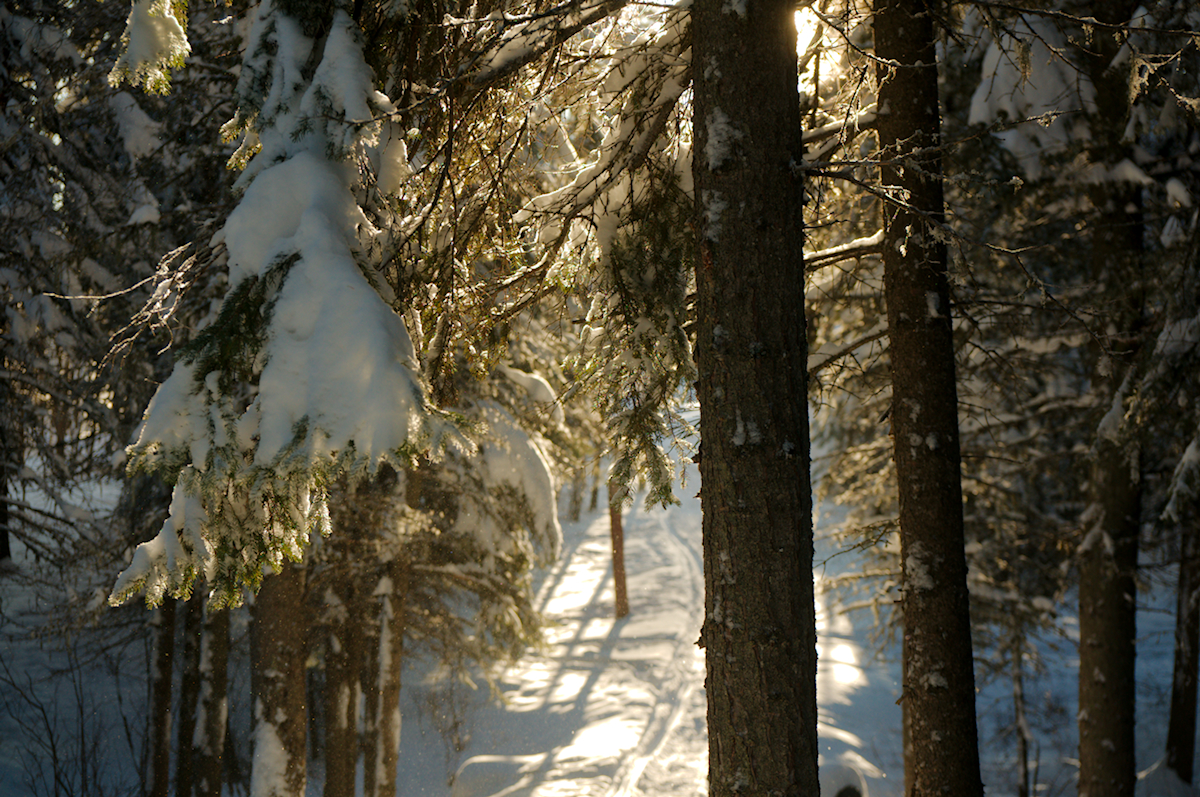
I am convinced even more that life is meant to be lived together. Within families, social networks, and communities of safety and belonging.
Belonging will not save us from pain and loss, in some ways it will amplify it, but it will give us a community to share it with, like humans do.
I orient myself east. East, the direction of my in-laws in Edmonton. East, the direction of my brother in Ontario. East to my husband, children and friends in Montreal. East, the direction of my parents in Nova Scotia.
My own web of belonging and connection, across a continent, across a country, across a heart.
You can subscribe to comments on this article using this form.
If you have already commented on this article, you do not need to do this, as you were automatically subscribed.





